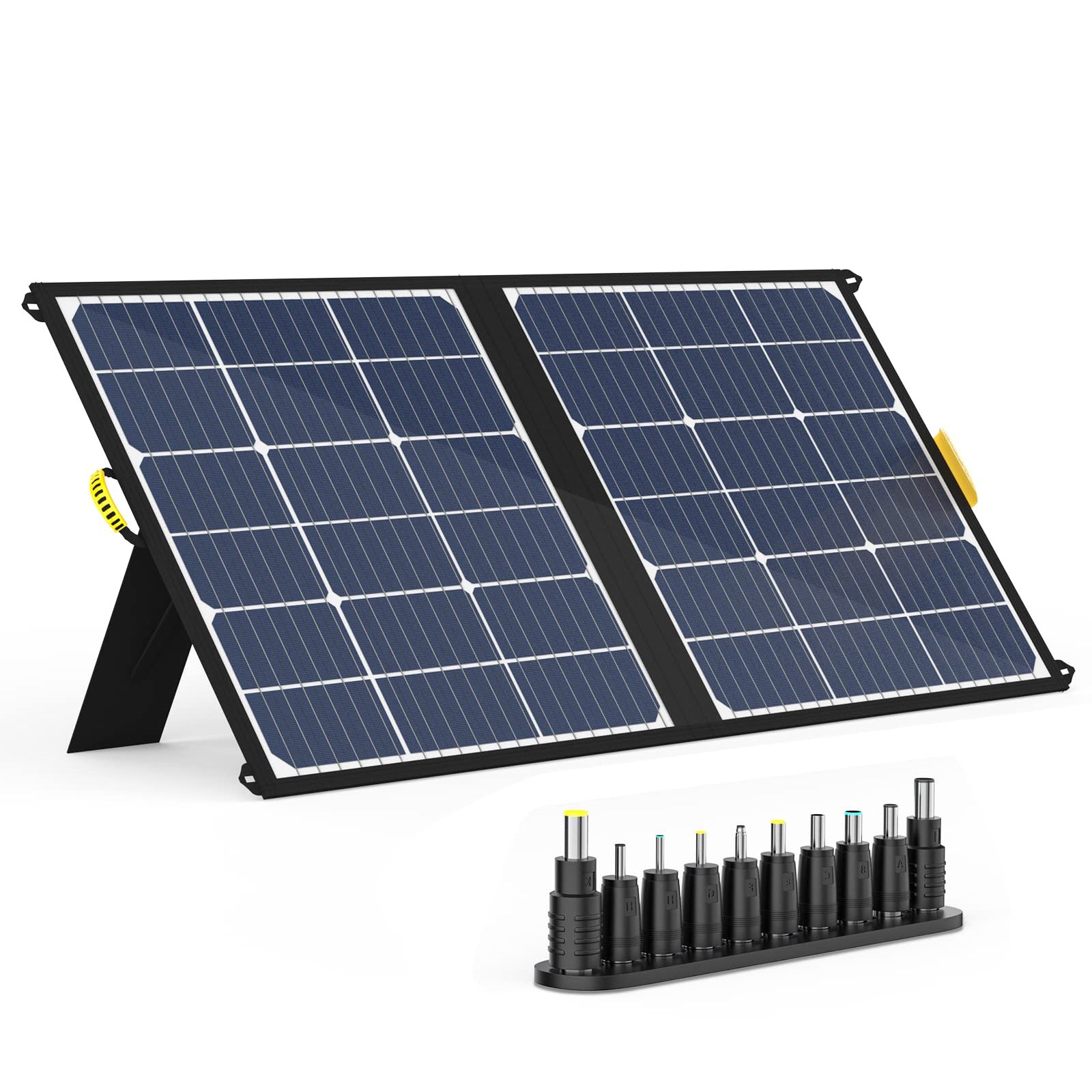When it comes to selecting a generator for your RV, finding the perfect size and power output is crucial. Not only do you want a generator that can provide enough power to run all your appliances and devices, but you also want it to be quiet so that you can enjoy your camping experience without any unnecessary noise. In this article, we will guide you through the process of choosing the perfect size and power output for a quiet RV generator.

Understanding Your Power Needs
Before diving into the specifics of generator sizes and power outputs, it's important to understand your power needs. Take some time to assess the appliances and devices you plan to use in your RV. Make a list of their power requirements in terms of watts. This will give you a clear idea of how much power you need your generator to provide.
For example, if you have a refrigerator that requires 600 watts, a microwave that requires 1,200 watts, and a few lights that require 100 watts each, your total power requirement would be 2,000 watts. Keep in mind that some appliances may have a higher starting wattage, so it's essential to consider both the running wattage and the starting wattage.
Choosing the Right Size Generator
Once you have determined your power needs, it's time to choose the right size generator. Generator sizes are typically measured in kilowatts (kW) or watts (W). To ensure that your generator can handle your power requirements, it's recommended to choose a generator with a power output slightly higher than your total power needs.
For example, if your total power requirement is 2,000 watts, you might consider a generator with a power output of 2,500 watts. This provides a buffer and ensures that your generator won't be running at its maximum capacity all the time, which can lead to increased noise levels and reduced fuel efficiency.
Considering Noise Levels
Now that you have an idea of the size of generator you need, it's important to consider the noise levels. RV camping is all about enjoying the peace and tranquility of nature, so a quiet generator is essential. Look for generators that are specifically designed to be quiet, with noise levels below 60 decibels.
There are several factors that contribute to the noise level of a generator, including the type of engine, the design of the muffler, and the insulation. Inverter generators are known for their quiet operation, making them a popular choice for RV owners. They use advanced technology to produce clean and stable power, while also reducing noise levels.
Additional Factors to Consider
When choosing a generator for your RV, there are a few additional factors to consider. Portability is important, as you'll want a generator that is easy to transport and store. Look for generators with built-in handles or wheels for added convenience.
Fuel efficiency is another important factor to consider. Generators that are fuel-efficient can help you save money on fuel costs and reduce your environmental impact. Look for generators that have an eco-mode or smart throttle feature, which adjusts the engine speed based on the power demand, resulting in improved fuel efficiency.
Lastly, consider the reliability and durability of the generator. Look for generators that are built to last and come with a warranty for added peace of mind. Reading customer reviews and doing thorough research can help you determine the reliability of a particular generator model.
By following these guidelines, you can choose the perfect size and power output for a quiet RV generator that meets all your power needs while ensuring a peaceful camping experience. Happy camping!








